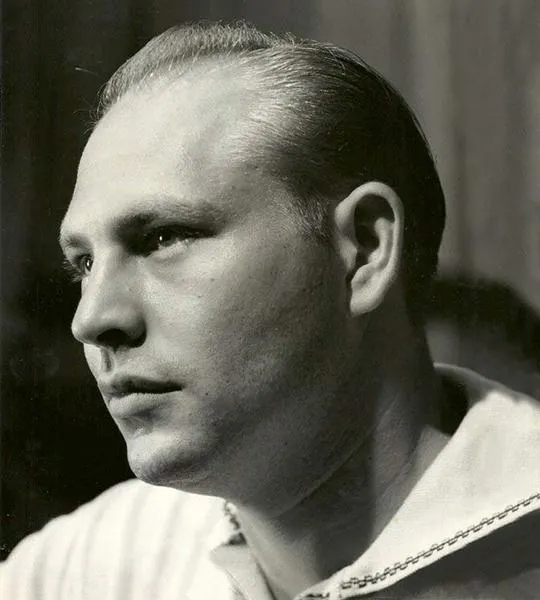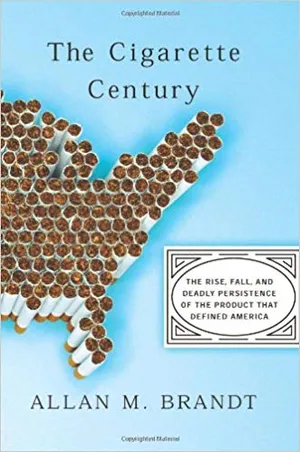Plans for the First E-cigarette Went Up in Smoke 50 Years Ago
Herbert A. Gilbert invented his “Smokeless” in 1963, but he couldn’t convince any companies to bring the device to market
/https://tf-cmsv2-smithsonianmag-media.s3.amazonaws.com/filer/df/f3/dff34564-9af3-4f90-b1cf-fe76789dd7a5/dec018_b08_prologue-web-2.jpg)
In 1963, a year in which U.S. smokers burned through a then-record 523 billion cigarettes, a scrap metal dealer from Beaver Falls, Pennsylvania, invented a revolutionary alternative. “I call it the ‘Smokeless,’” Herbert A. Gilbert, then a two-pack-a-day man, said of his little black aluminum cylinder with a silver tip—the world’s first e-cigarette.
Created a year before the surgeon general’s unprecedented “Smoking and Health” report linking cigarettes to lung cancer and other diseases, the Smokeless contained a liquid that was warmed by a battery-powered device, creating a vapor that a person inhaled. Gilbert touted the device’s tremendous potential in preventing disease and death from tobacco use, and even promoted it for weight loss. Dieters, he said, could “smoke their favorite food.” Among the ten vapor flavors he concocted were mint, rum and, his personal favorite, cinnamon.
But Gilbert never found a company willing to mass-produce his invention, and therein lies a classic American tale of an inspired tinkerer way ahead of his time: 55 years later, e-cigarettes are a $10 billion industry worldwide. Gilbert never made any money on his patent, now long expired.
Acknowledgment can be its own reward, though, and Gilbert’s patent has been cited hundreds of times by other inventors, including Hon Lik, considered the father of today’s e-cigarette. Gilbert, who is 87 and lives in Florida now, sounded pleased in a phone interview with Smithsonian, and said he was proud to be associated with an invention that has helped people quit smoking. “The only substantial thing I received was the satisfaction of saving millions of lives,” he says.
Not that vaping is harmless, of course. In September, the Food and Drug Administration warned that millions of teenagers are becoming addicted to e-cigarettes, which carry their own health risks and could lead to a new generation of cigarette smokers. But Gilbert’s original invention can’t really be blamed for that problem. It had no nicotine.

Related Reads

The Cigarette Century